|
Truck
Drivin' Man
"The howling wind sings a lonesome
tune
You can hardly see the moon
Twilight error is my CB name
Drive a big Mack truck I got a truck stop
dame..."
"CB" refers to Citizens Band radio.
Here in the United States, the airwaves are considered
public domain and are regulated by the Federal
Communications Commission. While most of the frequencies
have been allocated for assorted commercial ventures, part
of the band was reserved for radio-to-radio communication
free of commercial restraint (hence "citizen's band"). The
devices were wildly popular in the late 1970s/early 1980s...
of course this was back in the ice ages before cell phones.
Also there's probably a typo on the lyric sheet in that the
name (or "handle" to use CB jargon) should be capitalized as
"Twilight Error," unless of course it was e.e. cummings'
alias, but I have a hard time picturing the poet engaging in
the behavior described here.
Mack trucks are a relatively
popular fixture on American highways. Heck, most of my
neighborhood worked in one or the other of the plants they
had running here in the Lehigh Valley before the corporate
bigwigs decided to bust the union and skulk off to South
Carolina. The trucks at one time had a reputation for solid
construction, with "Built like a Mack Truck" being the
corporate slogan and local shorthand for something
substantial.
|
"Got some bear on my trail I
pull over and think of jail
I said my name is Forrest Gump
Then I blew his arm off
with my twelve gauge pump"
In CB slang, "bear" refers to a
police officer, usually a state trooper. To have a "bear on
your tail" is to be followed by a state trooper on the
highway, which is usually not a good thing.
Not sure if this needs to be noted,
but "Forrest Gump" was the title character in the novel by
Winston Groom and the film by Robert Zemeckis starring Tom
Hanks. The film has proven to be wildly popular, but I've
never been a big fan. If you haven't seen the flick, it's
basically Peter Seller's "Being There" shtick done for a
mass audience... the idiot savant succeeding despite his
mental deficiencies (I hate it when intelligent people make
movies or write books celebrating the virtues of being an
idiot). At any rate, for the purposes of this song, note
that in the book and the movie, it's pointed out that
Forrest is related to and named after the nonfictional
General Nathan Bedford Forrest, the Confederate General
better known for starting the Ku Klux Klan, a bunch of bed
sheet wearing white supremacist yahoos responsible for
countless acts of violence and murder throughout the
American south and midwest.
For you folks in more civilized
areas of the globe, a "12 gauge pump" refers to a
particularly powerful shotgun. In the States, thanks to
quisling Congressmen and the good folks of the National
Rifle Association, you can pick one up at your local Walmart
or KMart and then go blow away your co-workers, classmates,
friends, and family.
"There's a lynching on highway
nine
3 Niggers messin' with the white man's
kind..."
In a "classic" lynching
the victims are usually strung up over
a tree limb while the local sadists gawk. "Land of the free,
home of the brave" indeed. The root of the word is sometimes
traced to the story of a Mayor of Galway City in Ireland who
hanged his own son over some sexual indiscretion, if memory
serves. When I visited Galway I remember the tour book
mentioning the details, but they escape me now.
I'm not certain about this, but I
believe Shane may have been inspired by a Roger McGuinn/Gram
Parsons tune called "Drugstore
Truck Drivin' Man ." It was
performed at Woodstock by Joan Baez and Jeffrey Shurtleff,
and is in the same vein (Click the link to get a window with
the lyrics). Of course Shane pushes the envelope a bit
more.
|
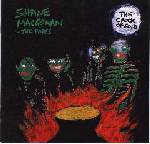
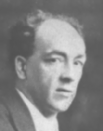
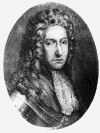 the west of Ireland. His most famous exploits involved the
defense of Limerick (1690) from William's troops (a daring
night time raid on William's ammunition supplies foiled the
attack). His forces, however, eventually succumbed and he
negotiated the "Treaty of Limerick," which, were it not
immediately ignored by the English, would have been a
significant victory for Irish Catholics. The Treaty (signed
on 3 October 1691) at least implied free exercise of
religion on the island, and explicitly stated that those
Irish who took the Oath of Allegiance to William of Orange
would be pardoned and allowed to keep their property,
practice professions and bear arms.
the west of Ireland. His most famous exploits involved the
defense of Limerick (1690) from William's troops (a daring
night time raid on William's ammunition supplies foiled the
attack). His forces, however, eventually succumbed and he
negotiated the "Treaty of Limerick," which, were it not
immediately ignored by the English, would have been a
significant victory for Irish Catholics. The Treaty (signed
on 3 October 1691) at least implied free exercise of
religion on the island, and explicitly stated that those
Irish who took the Oath of Allegiance to William of Orange
would be pardoned and allowed to keep their property,
practice professions and bear arms.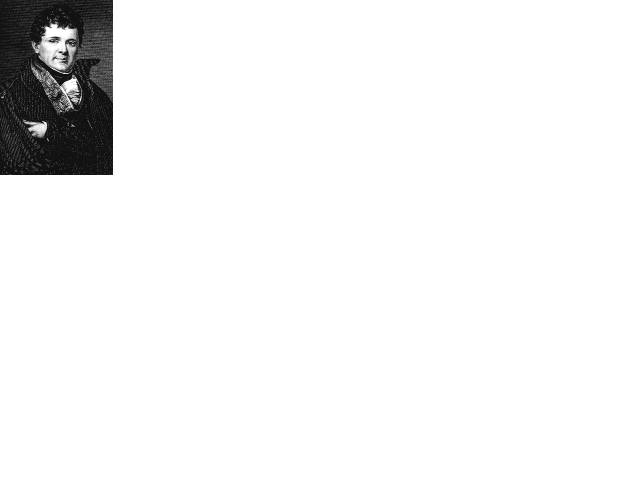

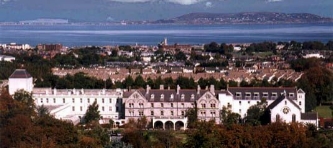 and
compassion to the sick without distinction to race, religion
or social status to people suffering from a psychiatric
illness and others needing counselling and therapy." Shane
spent some detox time there.
and
compassion to the sick without distinction to race, religion
or social status to people suffering from a psychiatric
illness and others needing counselling and therapy." Shane
spent some detox time there.